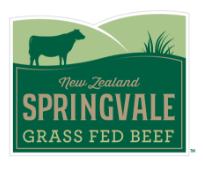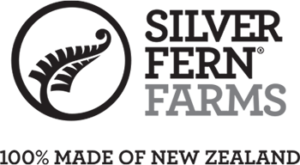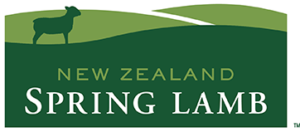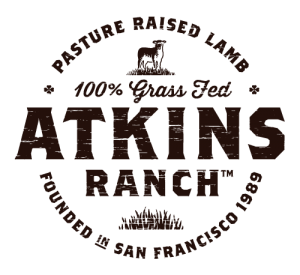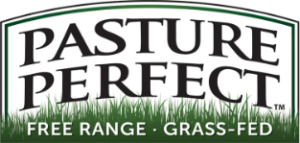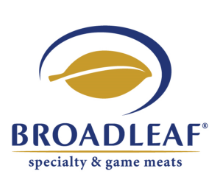THE ROAD TO CARBON NEUTRAL
REDUCING CARBON EMISSIONS
As the world’s largest lamb exporter and one of the largest beef exporters, sustainable farming is a vital part of New Zealand’s nationwide carbon neutrality goal. Since 1990, New Zealand sheep and beef farming has reduced its carbon emissions by 30% and is on track to be carbon neutral by 2050. Farming livestock on open pasture and a grass-fed diet all day, every day makes this goal possible.
EFFICIENCY IN ACTION
While livestock production does impact carbon emissions, New Zealand is one of the most carbon efficient beef and lamb producers globally. A Life Cycle Assessment (LCA) study found that the carbon footprint of New Zealand lamb is 14.73 lb. CO2e / lb. meat and New Zealand beef is 21.94 lb. CO2e / lb. meat (calculated using the standard GWP100 approach).
When compared to countries around the world, even if New Zealand beef or lamb is exported, its total carbon footprint is lower than or very similar to domestically produced red meat in those nations. This is because New Zealand is efficient at the farm level, which represents about 90-95% of the total carbon footprint.
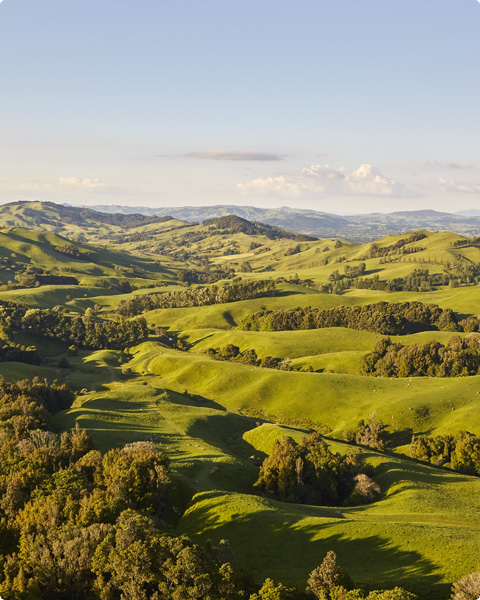
A SEQUESTERED APPROACH
A recent LCA study revealed that New Zealand’s on-farm footprint is almost half the average of other countries compared to in the study. This is in part because of carbon being sequestered though native and woody vegetation on our farms, which is maintained and not released, unlike intensive cropping systems.
Our beef and lamb is from family farms, not feedlots or factories, and we produce in harmony with nature, using methods passed down from generation to generation and improved upon every day.
LOOKING AHEAD TO CARBON NEUTRALITY
The importance of reducing carbon emissions has never been greater. New Zealand has committed in law through a Zero Carbon Act to a low carbon future requiring emissions of N2O and CO2 to be net-zero by 2050. New Zealand’s sheep and beef sector has pledged to be carbon neutral by 2050, which is a critical part of its commitment to a sustainable future.
As part of a five-year program, farmers will be equipped with the information, tools and support they need to reduce emissions and build resilience to climate change by 2025. This includes mitigating greenhouse gas emissions, adapting to climate change in their farm business and environment plans, calculating their net greenhouse gas emissions and taking actions on climate change through the development of an appropriate pricing mechanism for emissions.
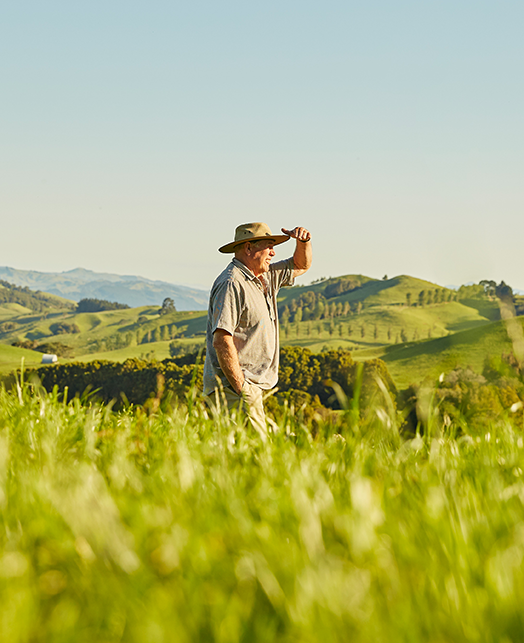
Brands
Look for these brands to find quality New Zealand beef or lamb.

